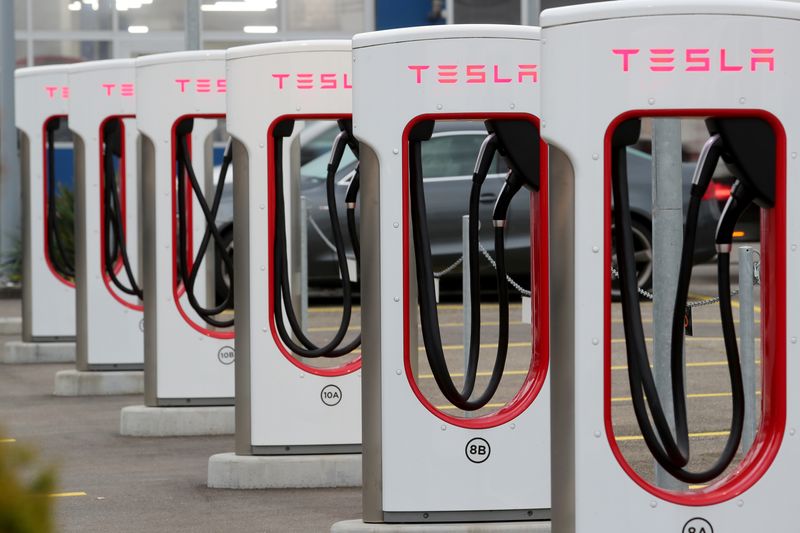New Jersey Attorney General Matthew J. Platkin filed suit Tuesday against the Trump administration, challenging its decision to indefinitely halt the disbursement of federally approved funding for electric vehicle infrastructure. Platkin joined 16 other attorneys general in a legal effort to restore funding authorized under the Bipartisan Infrastructure Law.
The lawsuit targets the Federal Highway Administration (FHWA) after it revoked previously approved state plans and suspended payments from the National Electric Vehicle Infrastructure Formula Program (NEVI). New Jersey stands to lose $73 million as a result of the halt, according to the Attorney General’s Office.
“President Trump is once again defying the will of Congress and denying New Jersey access to critical federal funding,” Platkin said in a statement, calling the freeze “lawless and reckless.”
Congress enacted the Infrastructure Investment and Jobs Act (IIJA) in 2022, which included $5 billion to support EV charging infrastructure nationwide through the NEVI Program. New Jersey had its plan approved as recently as November and had already awarded construction contracts for charging stations.
President Trump issued an executive order on January 20 requiring federal agencies to pause spending under both the IIJA and the Inflation Reduction Act. In response, FHWA revoked all previously approved NEVI plans in early February, according to the suit.
Key points
- New Jersey could lose $73 million in EV infrastructure funding due to a federal funding freeze.
- The state’s attorney general joined a multistate lawsuit challenging the Trump administration’s action.
- The NEVI Program was funded through the Bipartisan Infrastructure Law passed in 2022.
States challenge federal order halting infrastructure rollout
The multistate lawsuit seeks a court order compelling the federal government to restore funding and proceed with approved plans. Plaintiffs argue that the executive order and subsequent agency actions violate statutory mandates by obstructing funds Congress already appropriated.
The New Jersey plan, which was cleared by the FHWA in 2024, outlined a network of electric vehicle charging stations along designated corridors. The funding suspension jeopardizes those projects, some of which had already moved into procurement and implementation stages.
The Attorney General’s Office did not provide a timeline for when a court hearing on the matter might occur. FHWA has not issued a public response to the lawsuit.
New Jersey’s legal action follows similar efforts by other states affected by the funding freeze, aiming to compel the federal government to comply with congressional intent.
